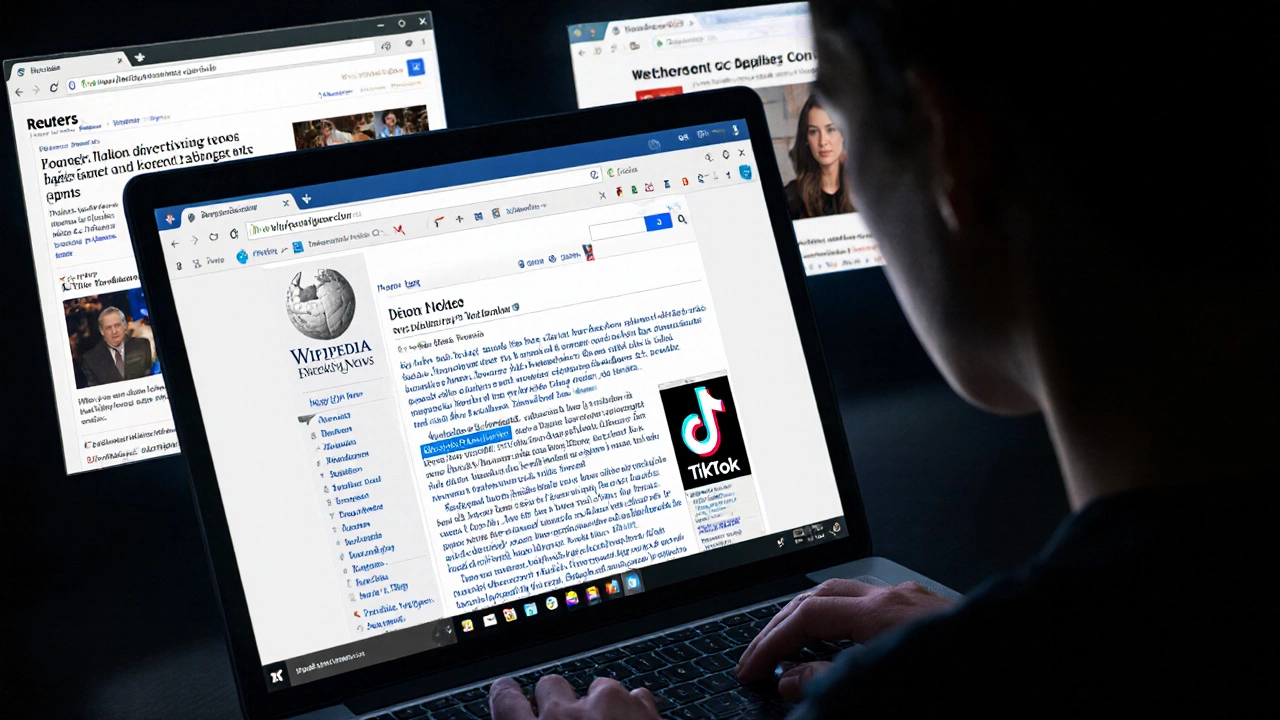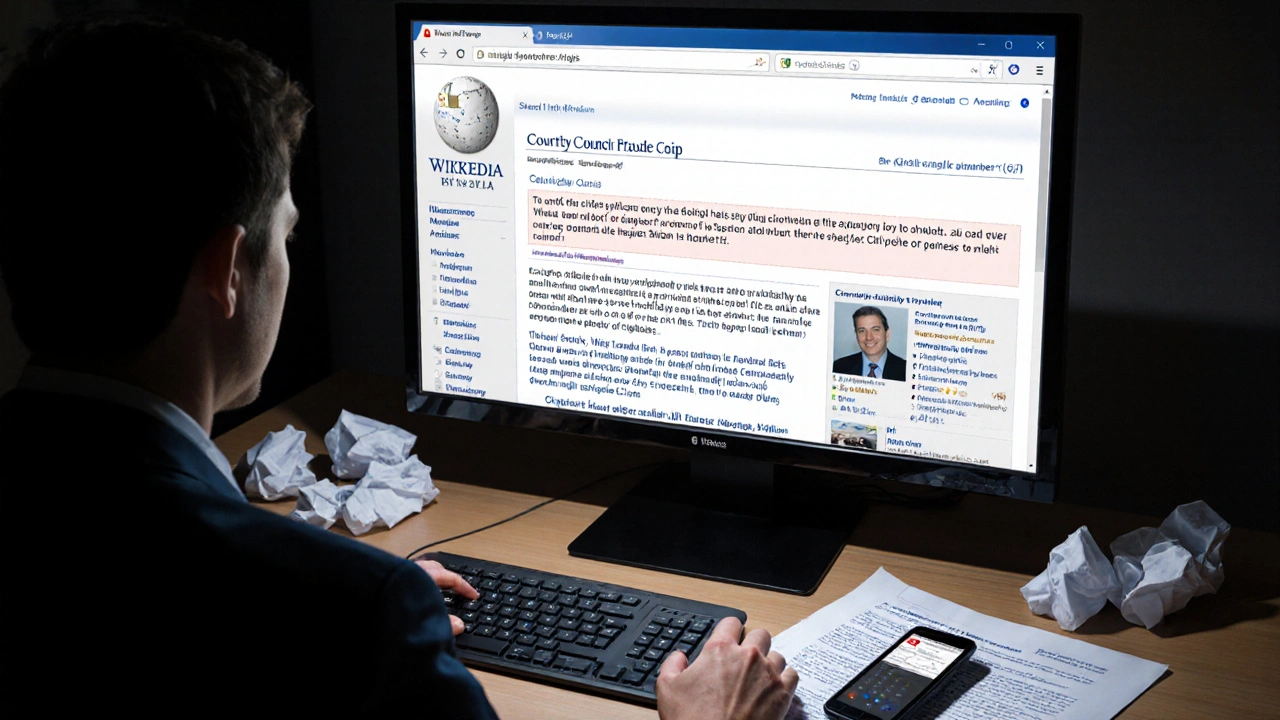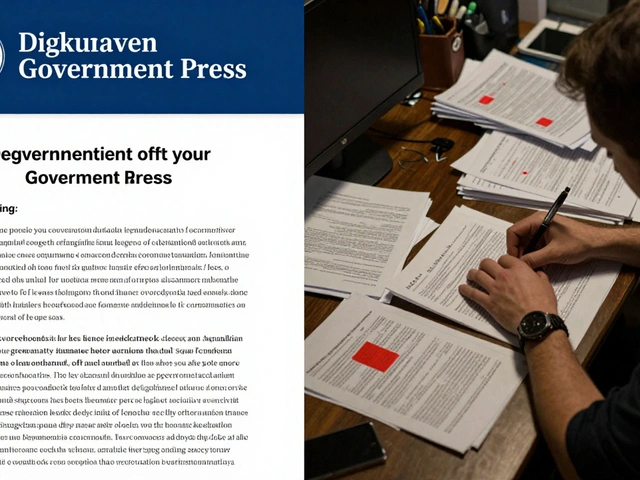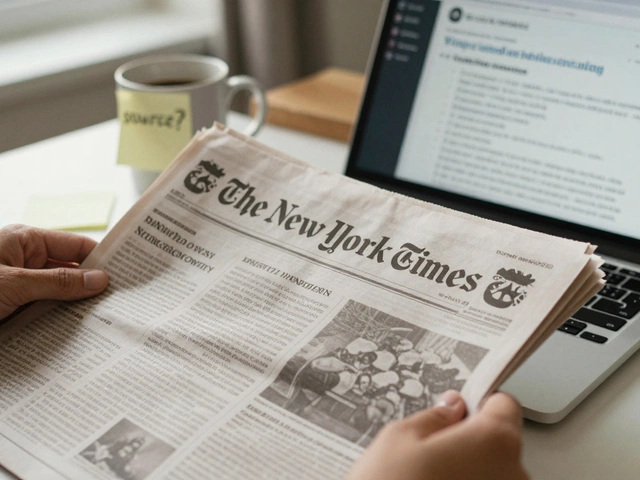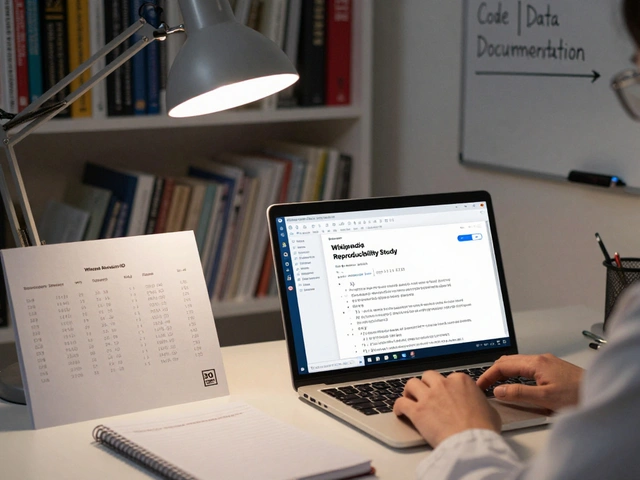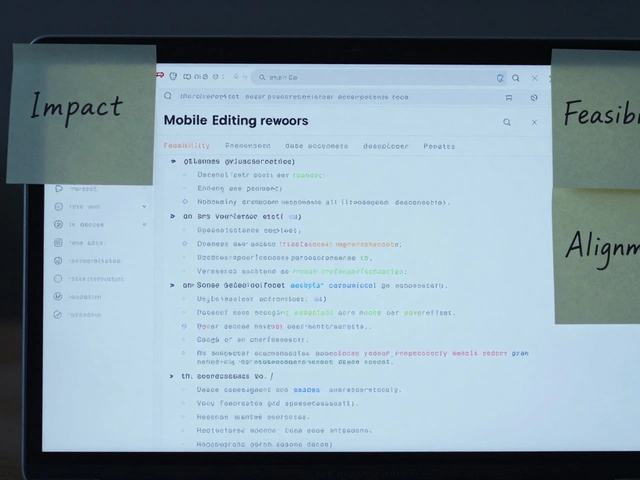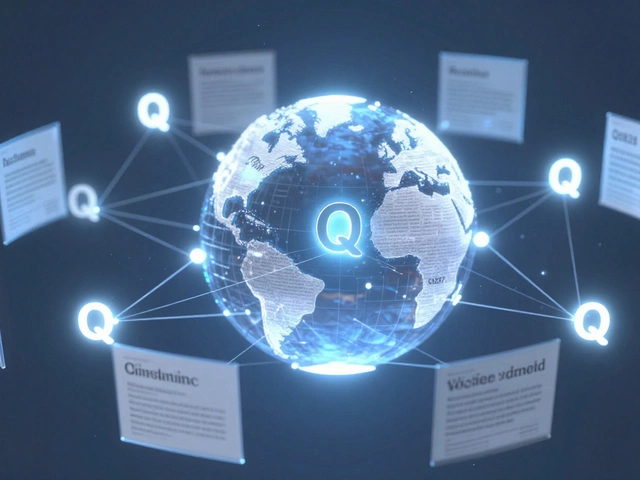Misinformation on Wikipedia: How the Encyclopedia Fights False Claims
When you hear misinformation, false or misleading information spread unintentionally. Also known as disinformation, it’s not just rumors—it’s content designed to trick, confuse, or manipulate. On Wikipedia, misinformation doesn’t get a free pass. Every edit is checked against reliable sources, and volunteer editors act like fact-checkers on overdrive, undoing lies before they spread. Unlike social media or AI-generated encyclopedias that spit out answers without context, Wikipedia requires every claim to be backed by a published source. That’s why a claim about a celebrity’s death, a political scandal, or a medical myth gets flagged fast—if it’s not cited properly, it gets reverted.
Behind the scenes, reliable sources, published, credible materials like peer-reviewed journals, books, and established news outlets are the backbone of every article. Editors don’t trust blogs, tweets, or press releases unless they’re confirmed elsewhere. And when AI bias, systematic errors in automated systems that reinforce false or harmful narratives starts creeping into AI tools that scrape Wikipedia, human editors step in. They don’t just fix the error—they trace it back to where the AI went wrong, often because the AI pulled from low-quality or manipulated sources. That’s why Wikipedia still beats AI encyclopedias in public trust surveys: you can see the work behind every sentence.
It’s not perfect. Misinformation evolves. Bad actors use fake accounts, coordinated editing, or copyright takedowns to erase truth. But Wikipedia’s tools—watchlists, edit histories, and community discussions—make it hard to hide. Volunteers track suspicious edits, flag vandalism, and build annotated bibliographies to prove what’s real. The fact-checking, the process of verifying claims using trusted evidence isn’t done by robots. It’s done by teachers, librarians, scientists, and students who care enough to spend hours making sure a single sentence is accurate.
What you’ll find below are real stories from inside this battle: how editors tackle AI-generated lies, why some false claims stick for months, how journalism uses Wikipedia to find truth, and how the community pushes back when powerful people try to rewrite history. This isn’t theory. It’s daily work. And it’s working.
How to Verify Information During Wikipedia Breaking News Events
Wikipedia updates faster than any news outlet during breaking events-but not always accurately. Learn how to verify information by checking citations, edit history, and trusted sources to avoid misinformation.
Challenges Journalists Face When Using Wikipedia as a Primary Source
Journalists often rely on Wikipedia for quick facts, but using it as a primary source risks spreading misinformation. Learn why it's dangerous and how to use it responsibly.
